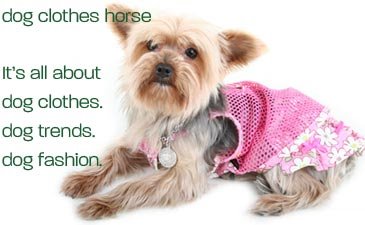Praise Your Dog
 The key is that dogs need to believe our praise. Dogs are very emotional and very perceptive. As pack animals, they seek the approval of their superiors. If other people see you praise your dog, and they think you're pretty weird, then you are probably praising it correctly.
The key is that dogs need to believe our praise. Dogs are very emotional and very perceptive. As pack animals, they seek the approval of their superiors. If other people see you praise your dog, and they think you're pretty weird, then you are probably praising it correctly.
Gush over the dog: Talk to the dog. Tell him how well he just sat; how nice and straight it was; how snappy and confident it was done. Tell him how you admire his cleverness and intelligence, and how you appreciate his good work. Say it from the heart. Mean it. Say it as silly and as babyish as you need to, to get the dog's eyes to brighten up, his posture to rise, his ears to perk up proudly. That is praise.
If the boss called you ...: If your boss called you into the office and said, "You're doing good work. Now get out of my office and get back to work!!" you probably would feel more hurt and angry than anything else. But, if he sat you down for a few minutes and told you just how and where you were doing well, you might get some good feelings. It is these good feelings that we must give our dogs when we praise them.
Praise can never be a mechanical reaction to the dog performing correctly. It must be a genuine expression of joy and satisfaction. How else can a dog understand what to do? Working simply to avoid getting a jerk on the leash is a miserable existence. A dog knows it is doing the right thing when it feels loved and appreciated for doing it.
Study and learn: If you can't tell when your dog feels loved and appreciated, you must study your dog more closely, and build a much better rapport. Take long walks. Do very brief obedience and other exercise with lavish amounts of vocal praise, and very little excitement and play. Talking more to your dog, relying on your intonation and facial expression, will build his understanding of praise.
Tossing a ball or a stick for your dog is not praise. It is play. It is important to play with your dog. But, if your dog doesn't feel good from your vocal praise and your facial expression, all the play in the world will not build a relationship, nor will it help you in training.
The best communication: The best way to develop a good relationship with your dog is to communicate on an emotional level. You must rely on building your skill at talking to the dog, so that the dog picks up immediately on your emotions.
It is easy for most people to talk silly with puppies. It takes some practice, and little concern for your ego, to be able to talk babyish to a big, tough dog. Since we cannot elevate the dog to human understanding, we must act in ways that dogs understand. A pat on the side and a "good boy" can give great satisfaction and release to the dog.
[Source: OrovilleMR]



